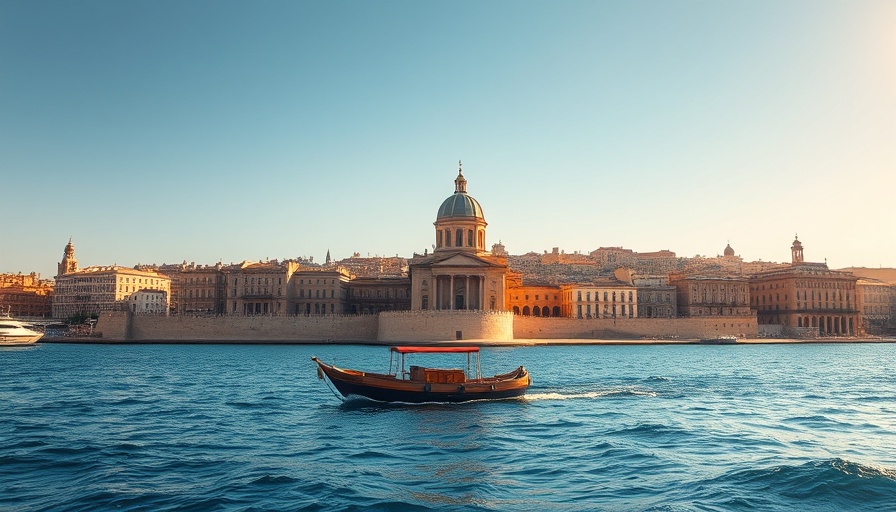
Why Malta’s Golden Passport Program Matters
As Europe grapples with economic challenges, Malta has emerged as a focal point in the ongoing debate surrounding ‘golden passport’ programs. These initiatives allow wealthy individuals to purchase citizenship, thereby accessing the European Union with relative ease. This trend, which surged in popularity after the 2012 debt crisis, raises essential questions about the integrity of citizenship and the societal impacts of excluding traditional immigration routes.
The Legal Challenge Against Malta
The European Commission’s recent legal challenge against Malta’s program represents a potentially seismic shift for investment immigration. They argue that citizenship should be based on genuine connections rather than financial transactions, which raises significant implications regarding transparency and ethical governance. Critics, including organizations like Transparency International, warn of severe consequences, such as facilitating criminal activities and exacerbating homogeneity in real estate markets, as property prices skyrocket from increased foreign investment.
Real Consequences of Investment-Based Citizenship
Countries like Portugal, Spain, and Ireland have already rolled back similar initiatives due to domestic backlash over inflated housing costs and associated socioeconomic issues. The situation in Malta serves as either a learning opportunity or a cautionary tale for other nations considering similar policies.
Potential Global Trends Following the Ruling
The outcome of this case could lead to a ‘race to the bottom’ phenomenon, with states lowering their security requirements to attract wealthy investors. Such a development could unleash a flood of new programs across Europe, creating further discrepancies in the quality of nationality standards. As economic conditions become more uncertain, the demand for alternative pathways to citizenship might only increase; hence, maintaining ethical standards around these programs remains imperative.
Future of Golden Passport Programs in the EU
The impending ruling by the European Court of Justice could herald a new era for golden passport initiatives. Should the court side against Malta, other countries might face increased scrutiny, leading to a broader reevaluation of how citizenship is acquired. The debate encapsulates a larger conversation on economic inequality, transparency in governance, and the responsibilities of wealth.
In conclusion, Malta's golden passport program exemplifies the complexities of balancing economic aspirations with ethical standards. Business professionals should stay informed, as developments here may affect broader trends in venture capital strategies and international business dynamics.
 Add Row
Add Row  Add
Add 



Write A Comment